What Are the Pros and Cons of Intermittent Fasting?
Alec ThompsonShare
Is intermittent fasting for you? With its various benefits, including weight loss, inflammation reduction, memory improvement, and more, intermittent fasting could be the answer to how to improve your overall wellbeing. However, how do you know how to intermittent fast and what are the pros and cons? Today, we discuss what intermittent fasting is, how to determine if you would benefit from it, how not to intermittent fast, and more.
What Is Intermittent Fasting?
Intermittent fasting focuses on when you eat as opposed to what you eat. It is a type of fasting where you only eat during a specific time. There are several ways to intermittent fast, which include the following:
Alternate day fasting
This is where you eat normally for one day and then fast the next day or just have one small meal (typically round 500 calories).
- 5:2 fasting- For this fast, you would eat normally for five days a week and then fast two days out of the week.
- Daily time restricted fasting- You would eat normally when doing this fast, but only within an eight-hour window every day. For example, you might not eat breakfast but then eat lunch around 12 p.m. and dinner by 8 p.m.
Intermittent fasting is effective because your body starts to burn stored fat. Once this metabolic switch happens, additional benefits start to kick in, such as an improvement in memory and brain function.
What Are the Pros of Intermittent Fasting?
Intermittent fasting can help you lead a longer life, loss weight, and improve your memory. Here are some additional pros:
- Boosts verbal memory
- Improves blood pressure and resting heart rate
- Helps with fat loss and physical performance
- Lowers your risk of disease
- Can prevent diabetes and obesity
- Reduces inflammation and tissue damage
It is important to note that before you decide to intermittent fast, you should consult with your healthcare practitioner.
What Are the Cons of Intermittent Fasting?
While intermittent fasting does sound like the best way to lose weight and stay healthy, there are some cons. Here are some of the most common cons:
- Impact your social life
- Affect your hormone levels (this can contribute to insomnia, increased stress, and thyroid issues)
- Impact fertility and lead to irregular menstrual cycles
- Lead to dizziness, nausea, anxiety, and hunger
Done correctly and with the supervision of your physician, intermittent fasting is safe for most people. Be sure to monitor your body’s functions, mood, and emotional wellbeing while fasting.
If you are pregnant, breast feeding, under the age of 18, or have a history of eating disorders or diabetes, intermittent fasting would not be a good choice for you.
Keep in mind that intermittent fasting might affect your body differently than someone else’s, so monitor your fasting and speak to your doctor if you experience any unusual side effects.
How Should You Go About Intermittent Fasting?
Before deciding to move forward with intermittent fasting, you should speak to your healthcare practitioner. Remember, if you have diabetes or blood sugar issues, a history of eating disorders, are pregnant, or breast feeding, or under the age of 18, you should avoid fasting.
Once you have been given the green light from your doctor, determine which type of intermittent fasting would be best for you. You can choose one of the methods above or do some of your own research.
It can take anywhere between two to four weeks before your body gets used to intermittent fasting, so you might feel hungry, emotional, or lightheaded during this time. Once you are adjusted, fasting will become part of your routine.
When you are intermittent fasting, you can have water and zero-calorie drinks such as sugar-free tea and coffee. When you are not fasting, remember to eat normally and not overindulge or eat a bunch of junk food or high-calorie food. When eating normally, try to eat lean protein, leafy greens, healthy fats, and nutrient dense carbohydrates.
If you need help eating healthy, check out our meal plans today. We proudly serve the San Diego County community.
